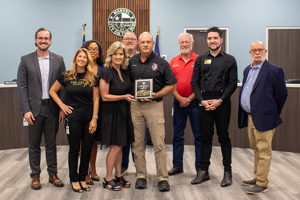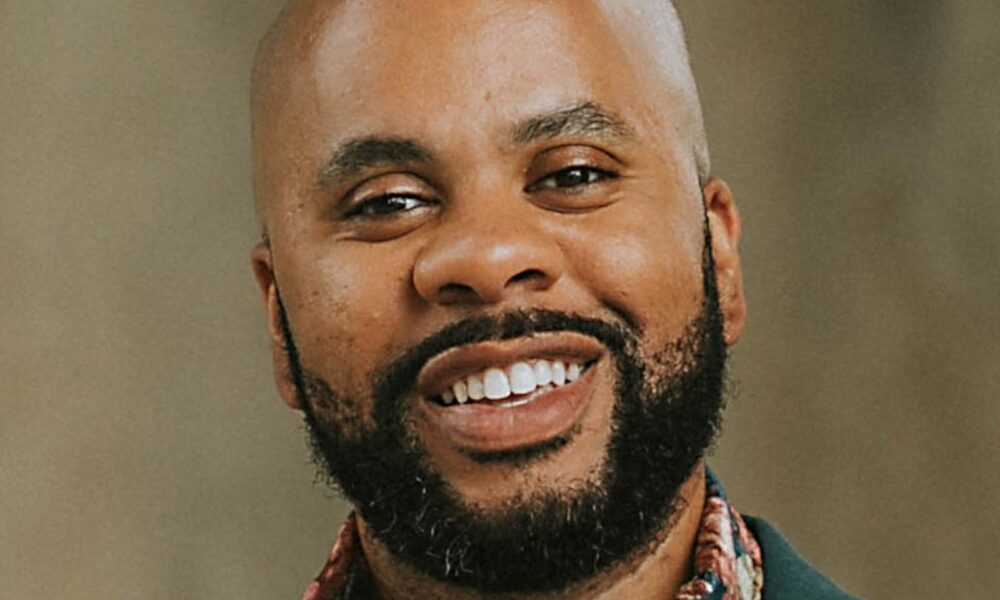The ongoing debate over historical representation in America’s National Park System has intensified as critics accuse political leaders of attempting to sanitize the nation’s history. Concerns have emerged regarding the influence of former President Donald Trump and a faction of right-wing elites aiming to alter how the history of the United States is presented in national parks and museums.
The National Park System, often referred to as “America’s greatest idea,” comprises 433 sites that serve as vital reminders of the country’s diverse history. This system, along with various national museums and historical sites, plays a significant role in reflecting the nation’s commitment to democratic values and social justice. However, the push from certain political groups, notably among the Republican Party, seeks to reshape these narratives, prioritizing a more sanitized version of history.
Criticism of Censorship Efforts
According to Jim Hightower, a commentator and writer, this campaign to “purge, erase, and officially censor” historical presentations is a tactic employed by Trump’s allies to establish a narrative that aligns with their political agenda. The initiative, dubbed Project 2025, has been described as an attempt to create an Orwellian “Ministry of Truth.” Hightower argues that this effort is designed to eliminate discussions about America’s complicated past, particularly regarding the issue of slavery.
Trump has publicly criticized national parks and museums for what he perceives as negative portrayals of the country’s history. He specifically mentioned that these institutions “hurt America’s self-image” by addressing the realities of slavery. Hightower countered this viewpoint, emphasizing that acknowledging historical truths is essential to understanding the nation’s character and progressing towards equality.
The conflict between historical repression and the pursuit of egalitarianism remains a pressing issue today. Notably, the Republican Party’s Christian Nationalist movement, led by figures such as Senator Eric Schmitt from Missouri, aims to undermine the foundational principle that “all men are created equal.” Hightower contends that attempting to obscure the legacy of slavery is not only futile but also detrimental to the nation’s understanding of its own history.
The Importance of Historical Education
The fundamental purpose of documenting and discussing shared history is to learn from past mistakes. By confronting uncomfortable truths, societies can foster growth and understanding. Efforts to whitewash history, Hightower argues, will not change the realities of the past, nor will they aid in the development of a more equitable future.
In light of these developments, the role of national parks and museums as platforms for education and reflection is more critical than ever. As the United States grapples with its complex history, the call for transparency and honesty in historical narratives becomes a rallying point for advocates of social justice and economic fairness.
This commentary underscores the importance of preserving historical integrity against attempts at censorship. As discussions about the nation’s past continue, the balance between honoring history and shaping a positive national identity remains a contentious issue.
The debate over how history is taught and remembered will shape the future of America’s cultural landscape, making it imperative for citizens to engage in these conversations actively.







